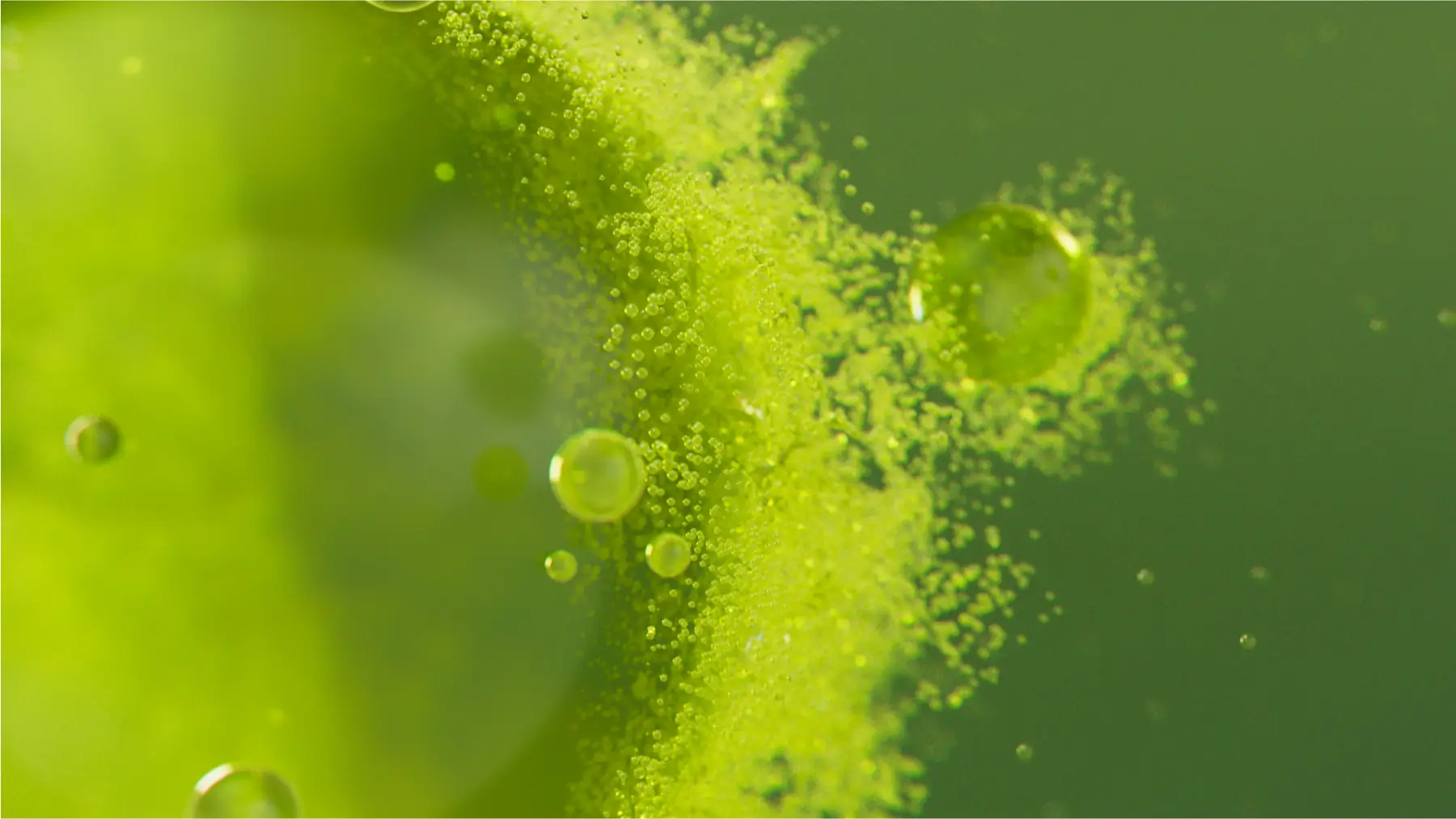
Homogenization, the process of converting two insoluble liquids, solids, or other mediums into a thoroughly mixed emulsion, is an incredibly important and useful technique that is used worldwide. Historically, homogenization was used in the dairy industry as a crucial step in the processing of milk.
However, in more recent times, the process of homogenization and its benefits are now realized in a number of additional industries, including pharmaceutical, biotechnology, cosmetic, chemical, and food processing. Virtually all creams, pills, antibiotics, and liquid blends are manufactured with the help of homogenization.
In the field of biotechnology, homogenization is widely used, especially when particles, cells, or other similarly sized materials need to be broken apart in a controlled and consistent manner. Homogenization allows certain cell types, such as yeast, E. coli, bacteria, and other types of tissue to be ruptured or disrupted. This process often allows nanoparticles of manner to be produced, many of which display properties deemed useful in the medical world.
One tool that is often used in the homogenization of soft tissue, such as brain and liver, is the Potter-Elvehjem Homogenizer. This piece of homogenization equipment is comprised of a pestle attached to a shaft, and allows for manual homogenization of soft tissue as the sample is forced through the cylindrical portion of the mortar and disrupted through mechanical shear by the pestle.
While a Potter-Elvehjem Homogenizer can quickly homogenize cells or soft tissue, it is a very manual process that doesn’t offer the flexibility, consistency, or efficiency of a high pressure homogenizer.
When selecting a homogenizer to accomplish the task of homogenizing soft tissue, it is important to choose a machine that allows the user to customize the cell disruption and homogenization process, in order to ensure the best method of homogenization for different cell types.
Advantages of Pion's BEE brand homogenizers
Pion's BEE brand offers a variety of homogenization equipment for the field of biotechnology that satisfies that requirement. Our homogenizers offer consistent, accurate, and repeatable results in the fields of bio-pharmacy, bio-agriculture, bio-environment, nano-biotechnology, and industrial biotechnology.
Our homogenization equipment offers the following benefits for cell disruption needs in the biotechnology industry:
- Ability to control pressure in order to homogenize a variety of differing cell types
- Capability to rupture cells without damaging the sensitive intracellular cell types
- Results that have the ability to be scaled to manufacturing
Contact us today to learn more about how our homogenization equipment can help with laboratory research and development, pilot plant production, full-scale industrial operations, or to arrange a confidential sample test in our laboratory.

